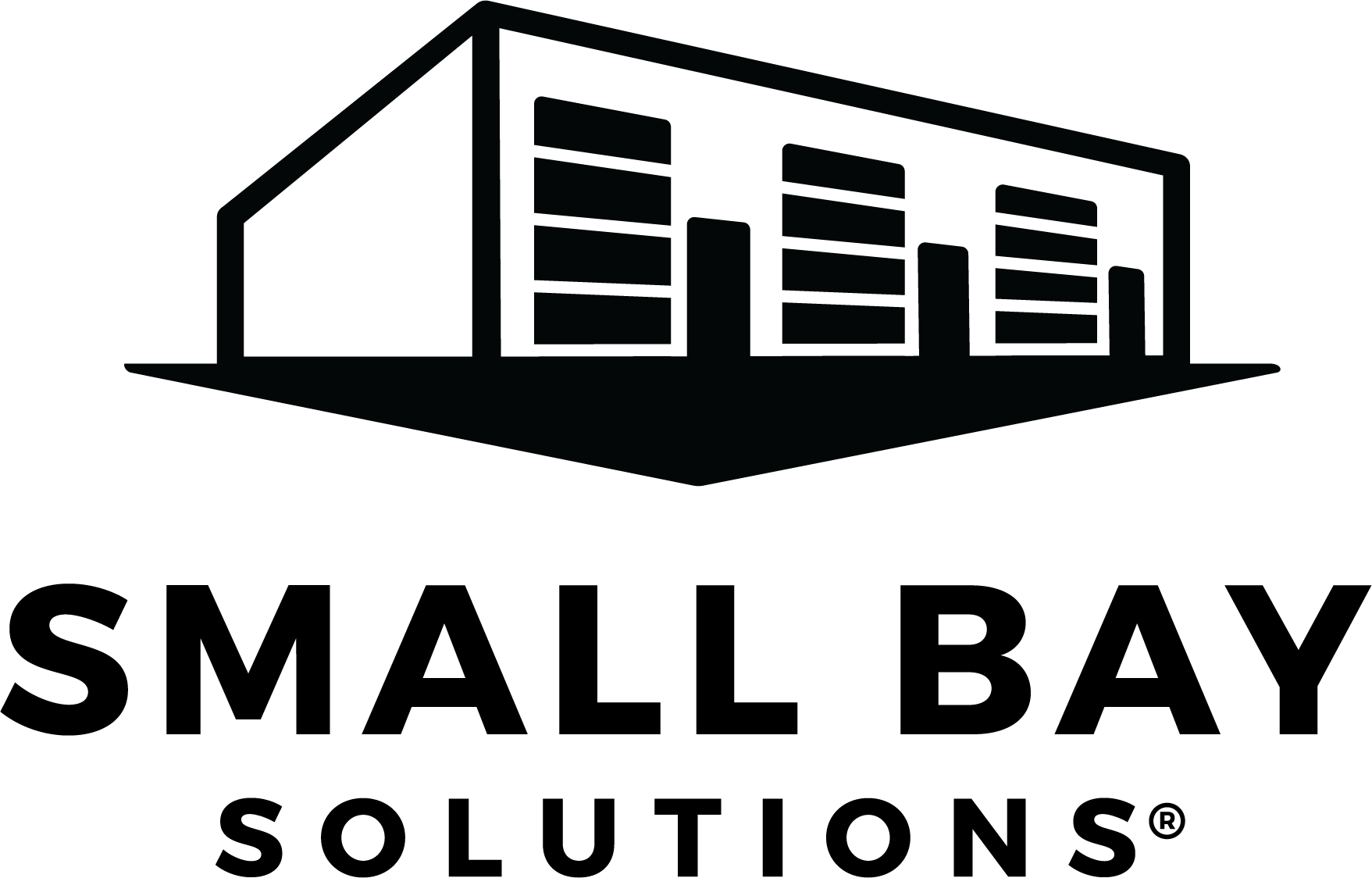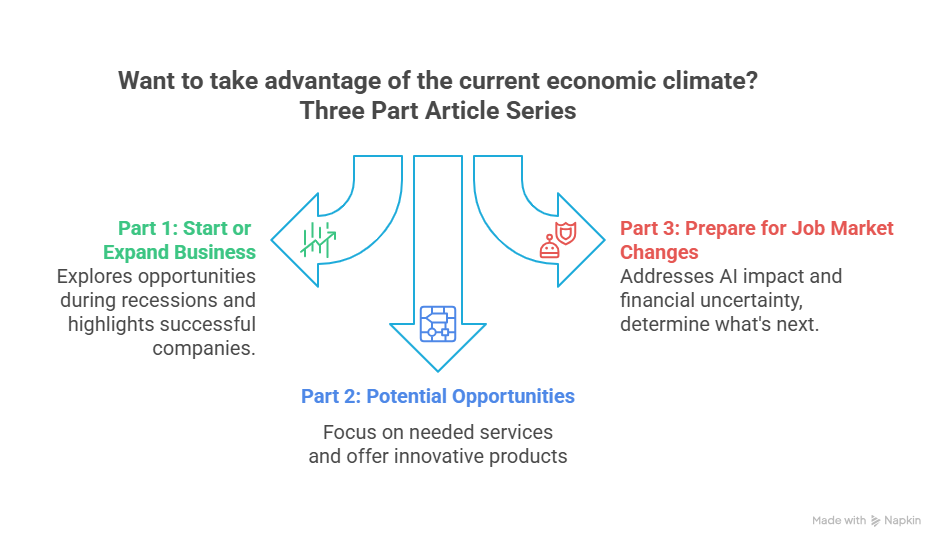The old adage, “There’s no time like the present,” might feel misplaced in a moment like this, when the political and economic climate is uncertain at best. But the truth is: the time is now.
As a real estate agent, I’ve seen the market recede and surge. I know many investors have been waiting for this moment—when competition cools, prices adjust, and opportunities emerge. While we're not fully there yet, particularly in high-demand regions, we're getting close. This isn’t a permanent moment, it’s a timeframe. The question is: will you be the one sitting on the sidelines, or the one stepping in?
History has shown us that some of the world’s most iconic companies were founded during economic downturns. These businesses didn’t just survive—they thrived because they solved urgent problems, responded to shifting consumer needs, and weren’t afraid to innovate when it mattered most. Here's a list that AI helped me compile:
Companies Born in a Recession:
- General Electric (founded in 1892 during the Panic of 1893)
- IBM (founded during the 1911 recession)
- Disney (launched in 1929 at the start of the Great Depression)
- Hewlett-Packard (founded in a Palo Alto garage during the Great Depression, 1939)
- FedEx (founded in 1971 during the 1973 oil crisis)
- Microsoft (founded in 1975 during a recession)
More recently:
- Airbnb (2008 financial crisis)
- Uber (founded in 2009)
- Slack, Venmo, WhatsApp (launched between 2008 and 2010)
These companies didn’t wait for better times. They responded to what people needed right then. Airbnb gained traction as travelers looked for cheaper accommodations and homeowners needed supplemental income. Uber filled gaps in outdated urban transportation systems.
Why Start or Expand Now?
- Lower startup costs: Office leases, professional services, and contractors are becoming more negotiable as businesses contract.
- High talent availability (including you): Layoffs open the door to experienced professionals ready for freelance or startup work. If you're at risk of being laid off—or just feeling that itch—it’s time to start planning your pivot. Learn about your industry, take a class, and start building a roadmap toward entrepreneurship.
- Consumer habits are shifting: In uncertain times, people prioritize value, flexibility, and trust. They seek brands that feel personal and dependable. Small businesses are uniquely positioned to meet those needs, especially when larger corporations can’t pivot quickly or respond at a local level. When supply chains falter, small businesses often shine through speed, adaptability, or community loyalty.
- You can stay lean and agile: Recessions force entrepreneurs to think creatively and build sustainable, efficient models. Constraints lead to clarity—and ultimately, resilience.
And What About Expanding Businesses?
Recession isn’t just for starting, it's also for strengthening. If you’re already in business and have a solid foundation, this could be the time to expand strategically. Negotiate better vendor terms, open a second location in a favorable lease environment, or acquire a struggling competitor. With 37% of small business owners plan on selling their business within the next 12-months that indicates there's plenty of opportunity on that horizon. Also, 92% of business owners say that competition is a stressor for their business. Remove that stress by offering to buy an existing business that is likely feeling stress during this time. (US Bank: Leading Through Change June 2025). Smart expansions now can lead to long-term market share and growth.
If you’ve been sitting on a growth idea, now might be the best time to test it. Expand your product line, add new services, or explore emerging markets—especially if they solve real pain points.
I hope this inspires you to shift your perspective. In the coming articles, I’ll explore what types of businesses are best positioned to grow right now—and how individuals can proactively prepare for a rapidly changing workforce.

